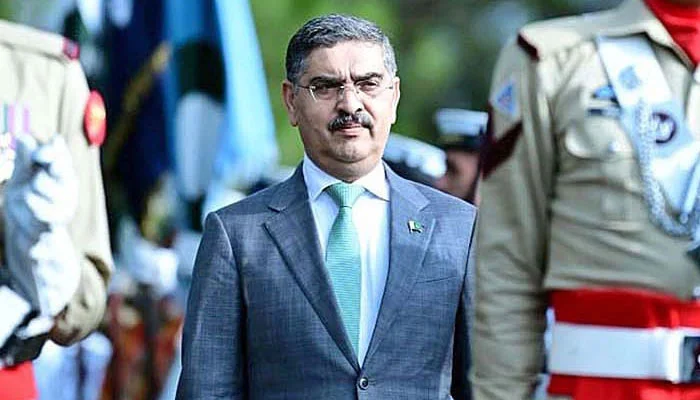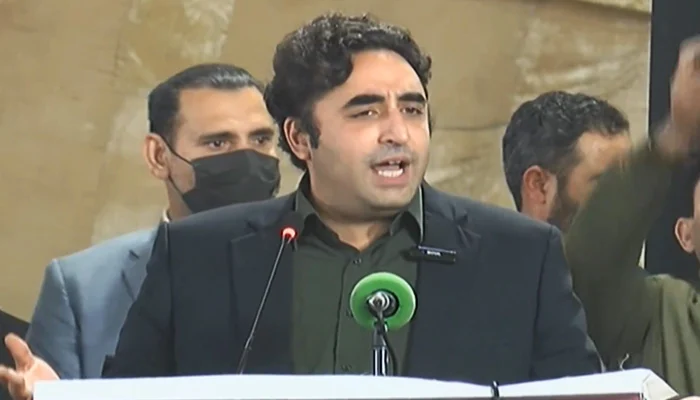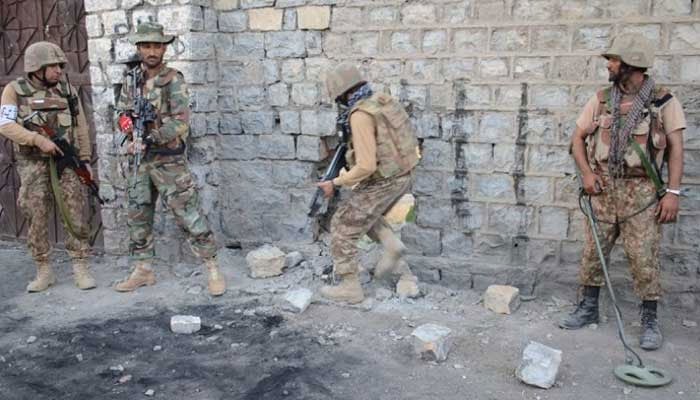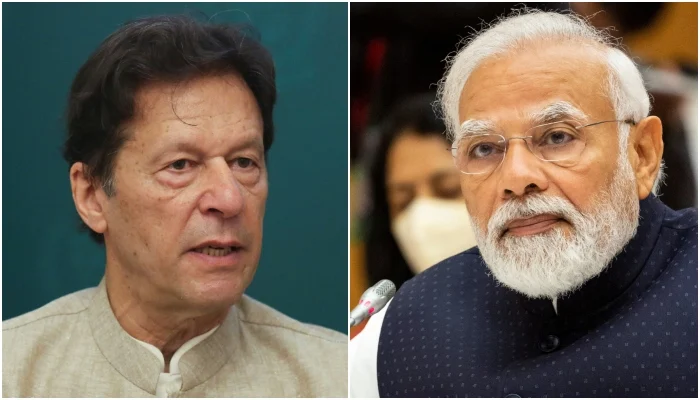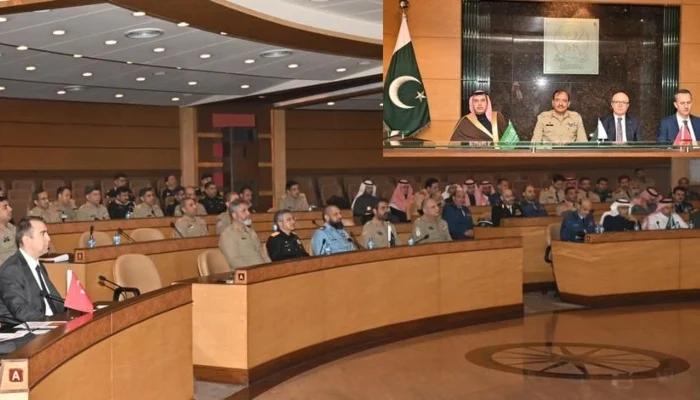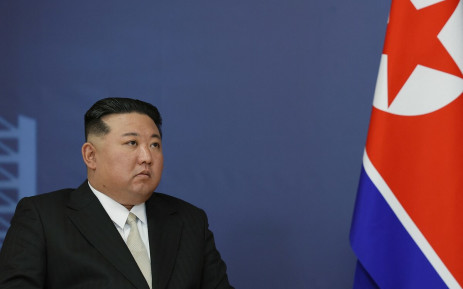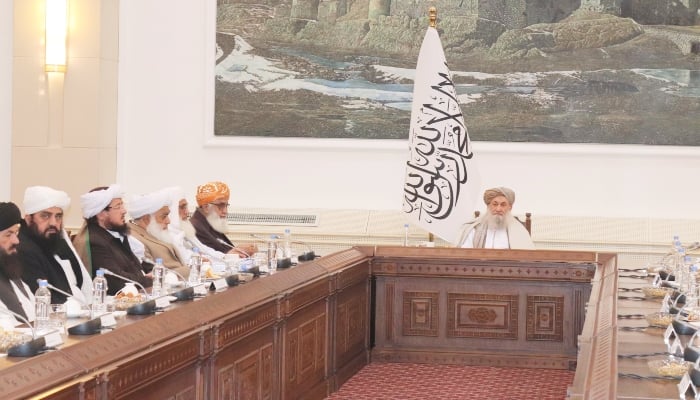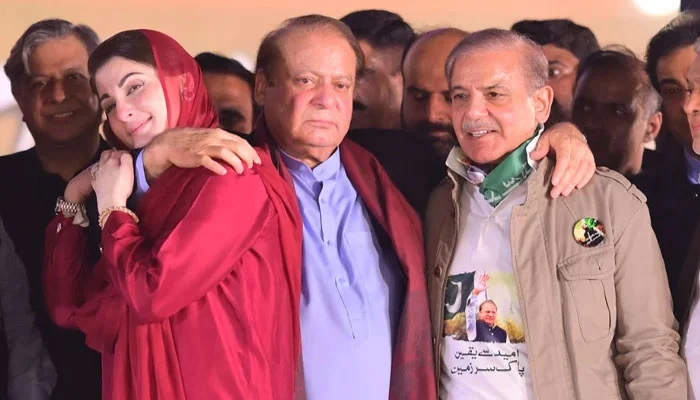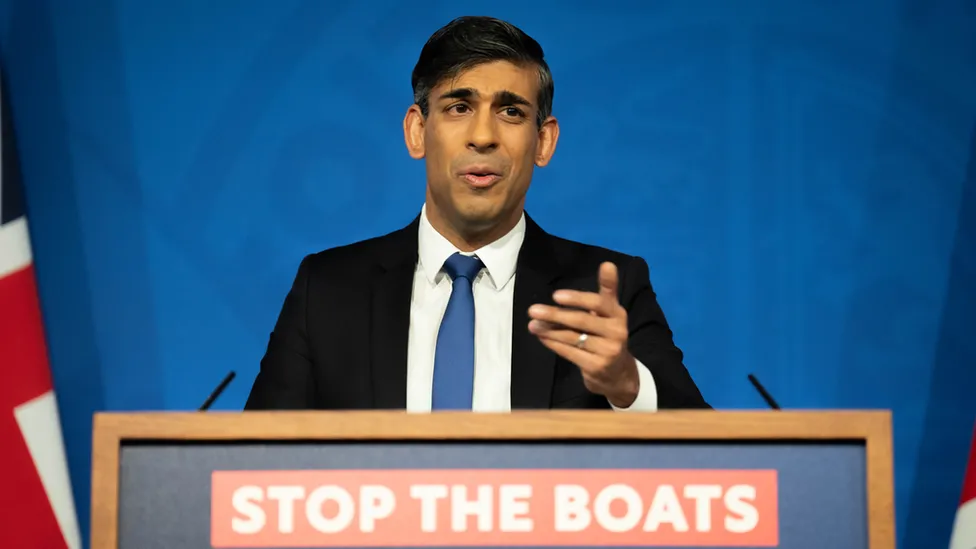Caretaker Prime Minister Anwaar-ul-Haq Kakar is set to take part in the 54th World Economic Forum (WEF) annual moot, which will take place in Davos, Switzerland from January 15 to 19.
The WEF is an annual conference that brings together leaders from industry and government to talk about the world’s current issues and trends, as well as to map out possible joint policy solutions.
With this year’s theme being “Rebuilding Trust”, the premier is scheduled to attend three key thematic events, including preventing an era of global conflict, restoring faith in the global system, and preventing economic fracture, Foreign Office (FO) spokesperson Mumtaz Zahra Baloch said during her weekly press briefing.
The prime minister would also deliver a keynote address on the theme “Trade Tech’s Trillion Dollar Promise” and hold meetings with government and business leaders on the sidelines, she added.
The FO spokesperson also stressed Pakistan’s rejection of the US State Department’s classification of it as a “Country of Particular Concern (CPC)”.
“There are serious questions about the credibility and transparency of the process of making such classifications.
Baloch said: “We also believe that such unilateral, arbitrary, and subjective designations and reports are counterproductive and undermine the objective of advancing religious freedoms,” the spokesperson noted.
In the same presser, Baloch further underscored that Pakistan supported the application filed by South Africa before the International Court of Justice (ICJ) concerning Israel’s violations of its obligations under the 1951 Genocide Convention about the Palestinian people in Gaza.
“We consider this legal action timely and an important step towards holding Israel to account for its well-documented atrocities unleashed against Palestinian people since 7th October 2023,” she said.
“Israel’s ongoing military aggression and actions against the Palestinian people constitute war crimes and crimes against humanity and amount to genocidal acts,” Baloch added while stressing that Pakistan shares the concerns raised in the application by South Africa.
The spokesperson also said that the fifth of January was observed as the Right to Self-Determination Day for the people of Jammu and Kashmir.
On this day in 1949, she said, the United Nations Commission for India and Pakistan (UNCIP) adopted a resolution guaranteeing a free and fair plebiscite in Jammu and Kashmir, to enable the Kashmiri people to realize their right to self-determination.
“The right to self-determination is a fundamental tenet of international law. Every year, the UN General Assembly adopts a resolution that reaffirms the legal right of people to decide their destiny,” she said.


